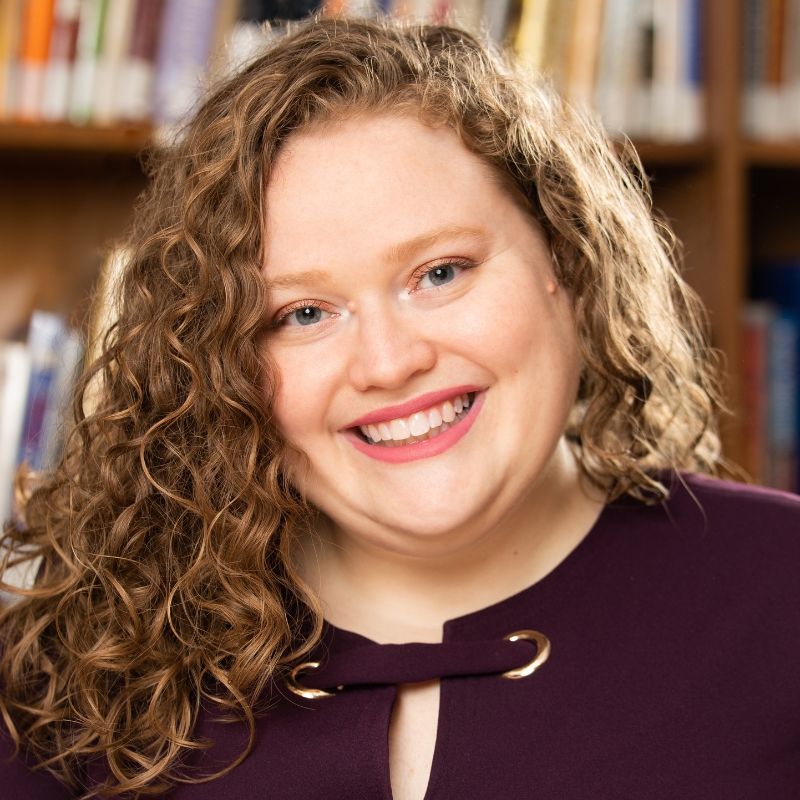My favorite part of Passover preparation is bedikat chametz, the search for the final bits of leavened products the night before the first seder. Growing up, we would go to my Bubbie and Zaydie’s home for the holiday, and I loved that quiet evening ritual. I relished the calm before the house filled with every relative, friend, and stranger we could fit. They would turn all the lights off and we searched by candlelight with a feather duster for the last pieces of bread they put out for us to find. The next morning, we would burn those last crumbs in the driveway, acknowledging that, to the very best of our (well, my Bubbie’s) ability, we had rid the house of chametz and would be free of it for the duration of the holiday.
Centuries of rabbinic scholarship — from the Talmud, Rambam, and Kad HaKemach (a book of Mussar) to contemporary scholars like Rabbi Danya Ruttenberg — have contended that chametz is not only physical but also spiritual. It represents inflation of ego, things we wish we had done differently, and the ways we have abandoned humility over the last year.
Six months after October 7, many of us are struggling with how to approach a celebration of our liberation while our Israeli and Palestinian siblings are still in their own Mitzrayim, their own narrow place. This year, something else begs to be added to that list of spiritual chametz: our inability to see the humanity in others, especially people with whom we disagree.
Find more commentaries on Pesach.
Disagreement is fundamental to Judaism. Our laws do not come to us in the form of lists alone but as arguments between rabbis who are working — and arguing — their way through our holiest text. They debate but never degrade each other. They disagree about the truth of Torah and how it should be practiced, but they never accuse their colleagues of being bad Jews or suggest they don’t belong in the community.
We have become conditioned that there is only one answer to what’s happening in Israel and are quick to label someone a “good” or “bad” Jew if they disagree with us. This is a dangerous label, one that alienates us from our fellow Jews. It’s also antithetical to who we are as a people — people who value debate, argument, and ambiguity.
I recently had the opportunity to meet with leaders from Standing Together, a grassroots movement mobilizing Jewish and Palestinian citizens of Israel in pursuit of peace, equality, and social and climate justice.
When asked how they work toward liberation with people with fundamental disagreements, the Standing Together leaders asked us to leave our own definitions at the door. They asked us to release the need to be right, to win the argument, and to instead focus on what we share: our desire for freedom, safety, and justice — for peace — for all people.
That is the work before us this Pesach. We must abandon our worship of the false idol of correctness. We must cleanse our homes and our hearts of the chametz of “being right.” We have to be willing to set aside all of the things that inflate our egos in this conversation — terminology and accusations, preexisting beliefs about the solution to this conflict, and other things that “leaven” our arguments. Instead, as the Standing Together leaders taught us, we have to start with what we know.
Find more commentaries on Israel/Palestine.
So today, what do we know? We know it is not okay for innocent people to be killed. We know the hostages should be returned. We know that all people need peace to survive. We know the liberation of Israelis is bound up with the liberation of Palestinians and vice versa. We know being traumatized is not a way to live. We also know that clinging to the crumbs of winning an argument or having the correct answer at the cost of irreparable relationships only takes us further away from peace.
And we know, from bedikat chametz, that it’s not enough to simply get rid of that chametz — we have to burn it beyond recognition. The ritual ends by destroying the chametz down to the root, and only then do we consider ourselves truly ready for Passover. We can’t leave the narrow places in our lives if we’re holding on to anger or limiting beliefs. This year, more than any other Pesach in recent memory, we must inspect every crevice with a bright candle. We are called to do the hard and deeply Jewish work of eradicating every crumb of chametz, every impulse that tells us it’s more important to be right than it is to see each other for having been created b’tzelem Elohim — in the image of the Divine. Only then can we walk together out of Mitzrayim and toward the Promised Land. Only then will we find the path toward freedom and peace.
Rabbi Alicia Harris is the spiritual leader of Congregation Shir Tikvah in Troy, MI, a Reform/Renewal congregation in metro Detroit where she began serving in 2020 after her ordination from Hebrew Union College – Jewish Institute of Religion in Cincinnati. Rabbi Alicia strives to live in joy and gratitude and brings that spirit to this holy work. Outside of work, she can usually be found dancing Casino (also known as Cuban Salsa) and other genres of Latin dance or spending time with her dog, Lulu.

